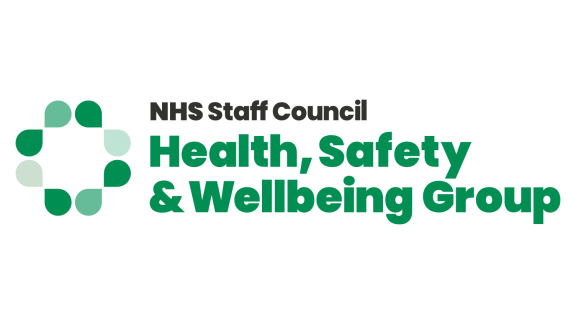Bullying in healthcare

This guidance was produced by the NHS Staff Council's Health Safety and Wellbeing Partnership Group (HSWPG), through partnership working between unions, management and specialist advisors.
The group wishes to ensure this guidance is implemented with the same partnership approach. HSWG recognises that partnership working ensures best outcomes for patients and staff in protecting their health, safety and wellbeing.
Find further HSWG resources to support you in your organisation.
The HSWPG recognises that bullying can have a detrimental effect on an individual’s overall health and wellbeing. The group aims to support NHS organisations to build a culture where employees can work in an environment that is free from fear of intimidating behaviour.
What is workplace bullying?
Workplace bullying can take many forms. Acas defines bullying as: 'offensive, intimidating, malicious or insulting behaviour, an abuse or misuse of power through means that undermine, humiliate, denigrate or injure the recipient (Acas 2014).'
The bullying perpetrator can be a work colleague or peer, a manager or a subordinate. Bullying can lead to increases in individual stress levels. The Health and Safety Executive’s Management Standards on stress states that relationships can be a potential risk, increasing strain on an individual if not managed properly.
Poor organisational cultures may lead to environments where bullying can thrive, especially where there is a focus on targets over patient outcomes and where staff concerns are not listened to. As we have seen with Mid Staffordshire and the subsequent Francis report, bullying cultures can impact negatively on patient outcomes, as well as having devastating effects on individuals concerned.
The extent of the problem
Bullying has become an extensive problem within healthcare. Twenty per cent of all NHS staff report they have been bullied within the workplace and 29.9 per cent of all NHS staff indicated experience of psychological distress due to bullying behaviours. For further information on the impacts of bullying and harassment and what can be done by an organisation and an individual to tackle it, take a look at the bullying and harassment in the NHS infographic.
The Health, Safety and Wellbeing Partnership Group’s (HSWPG) core principles:



